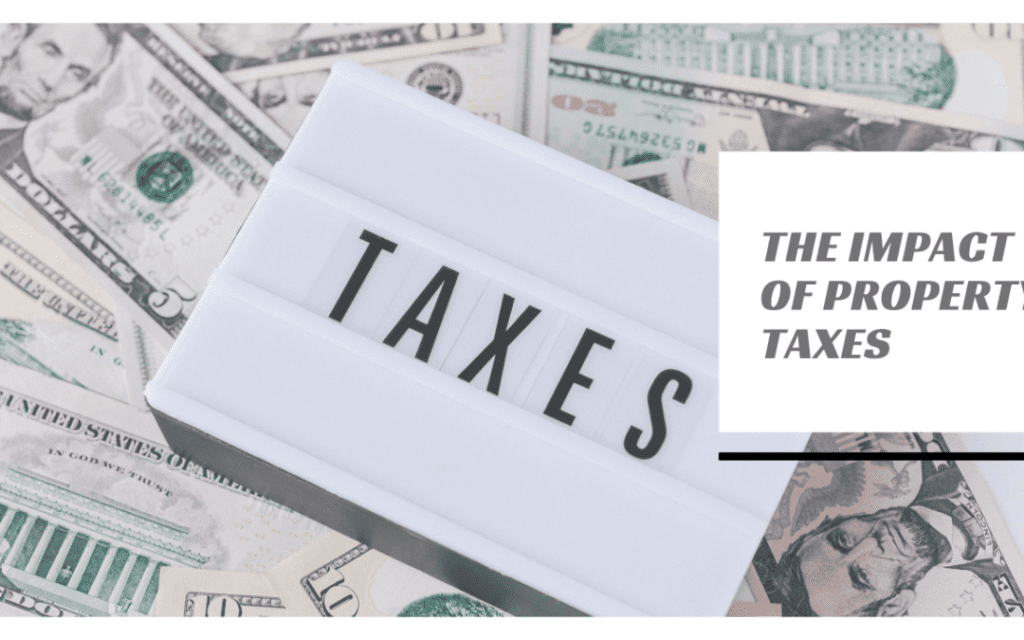
One of the most significant and most technical responsibilities a co-op board has is to pay the property tax for the whole building. After all, unit owners pay their share as part of their monthly common charges. Therefore, you must make sure that the amount you pay is minimal while ensuring it’s delivered on time.
Pay Your Property Tax on Time
New York City has two classes of residential buildings, and they tax these accordingly. Class 1 properties house one to three families and are taxed around 21% of their assessed value. Meanwhile, most co-ops and rental buildings are classified as Class 2 properties because they have three or more units. These are taxed at 12.612% of their assessed value. Thus, the assessment is 45% of the whole building’s market value (potential rental income minus expenses).
You’ll need to pay the property tax bill on time to avoid late fees. Residences with an assessed value of $250,000 or less will receive quarterly statements. These are due on the first of July, October, January, and April. Meanwhile, the property tax bills for buildings with a value of more than $250,000 must be paid by January 1 and July 1.
Reduce Your Property Tax Bill
Your building can qualify for exemptions, abatements, and/or credits. It would be wise for you to see how you can reduce the hefty property tax before you pay it off.
When the co-op board receives the Annual Notice of Property Value (NOPV), make sure you check which exemptions are granted to your building. These will reduce its assessed value before your taxes are calculated. Multiplied by the tax rate, this value will actually lower the amount of taxes your co-op owes. Personal exemptions are granted to property owners who are senior citizens, disabled, veterans, members of the clergy, and more. The board must allocate these exemptions accordingly. Make sure the Department of Finance (DOF) receives any applications for personal exemptions by March 15.
Your co-op may also be eligible for abatements, which won’t appear on your NOPV. As a part of the board, you’ll get a tax benefit breakdown report that shows the amount taken off your property tax bill. The higher your average assessed value, the lower your abatement percentage will be.
As part of the management board, you need to make sure that each unit is registered for abatement to receive the maximum benefit. You’ll need to provide information about whether the unit owners are the primary residents in their units or if they are renting their property out. You must also make sure that any changes in unit ownership are recorded with the D0F. Make sure to apply for abatements by February 15.
Finally, you may get credits from previous property tax payments. The board can choose to have these credits applied to this year’s property tax bill, or you can opt to get a refund check.
Consult the Experts
Harlem Property Management is the authority on co-op and condo building management in Upper Manhattan and a member of the Real Estate Board of New York. We specialize in managing condos, co-ops, and multi-family buildings up to 99 units.

We can also consult with a property tax lawyer to ensure that everything is above board.